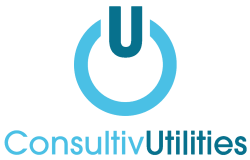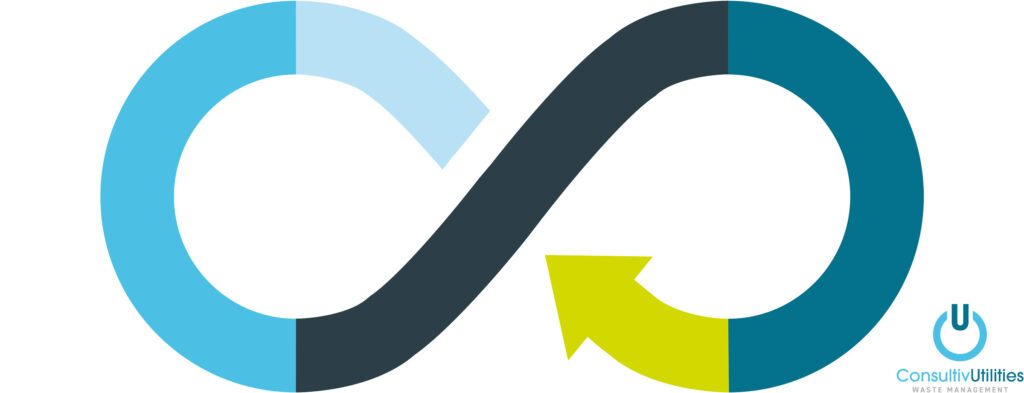When we think of the climate crisis and “green” issues the emphasis is often (and quite rightly) on carbon emissions. More specifically, we are all encouraged to consider how our intensive energy consumption is leading to the build up of greenhouse gases in the atmosphere. But this isn’t the only way we as human beings are causing the destruction of our natural environment. Another key consideration is landfill. Sustainable waste management is important now more than ever.
For modern businesses, placing an emphasis on reducing contributions to landfill is integral to any “green” initiative or commitment to sustainability. In fact, effective waste management in the workplace can cut rubbish going into landfill by over 50%.
Waste management in the workplace has three main functions – to reduce waste, encourage recycling and reuse where possible but, what does this mean in practical terms for business?
Reducing reliance on landfill
As the saying goes, there is no Planet B. So, continuing to dump unsorted waste into landfill is not a long-term option that we can pursue as a world. Instead, organisations and individuals must take responsibility for their own waste products and put a plan in place to reduce contributions to landfill.
Key to success in this area is putting the processes in place to reduce waste generation in the first place. This can include moving towards a paperless office and being careful to limit the use of single-use plastics and other throwaway items in the office setting.
Second, companies can look to put the facilities in place to recycle effectively. From cardboard to batteries; glassware to cans, recycling has a place in every office. This also means encouraging staff to change behaviours and make a conscious effort to sort rubbish effectively.
Thirdly, it is critical for organisations to reuse and retain where possible.
Finding sustainable suppliers
Your business is not just represented by your employees and customers but also by your supply chain. Choosing suppliers that operate a transparent sustainability policy towards waste management will reflect on the sustainability of any business they serve. Regardless of how your supply chain dispose of their own waste, there is also value in sourcing suppliers with materials and resources that match your longer-term waste management plan.
For example, in a manufacturing setting, there is little point in having a robust recycling policy in the workplace if the packaging you use is not made from recyclable materials. In the office environment, ink cartridges and batteries you use can be recycled so make sure you choose suppliers who offer recyclable options. By ensuring the materials and resources you use within your business match your commitment to reducing landfill is key to ensuring a fully-rounded policy for sustainable waste management.
Beyond the supply chain
There is a growing industry helping businesses find more methods of sustainable waste management. Because a resource may have outlived its use to your business does not mean it has no further value across other sectors.
A perfect example is how the food industry can dispose of cooking oils to be reused as bio oils for fuel. If you want to take your environmental responsibilities seriously, it’s worth taking the time to research suppliers who can help find an onward use for certain resources within your business that may otherwise be heading for landfill.
Not sure where to get started with your sustainable waste management? Want to do the right thing but don’t have the processes, procedures or resources in place to adopt a more sustainable approach? Get in touch with the team here at Consultiv Utilities today on 0191 250 5557 or by emailing wastemanagement@consultivutilities.com
Categories:


